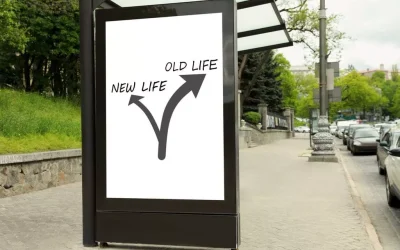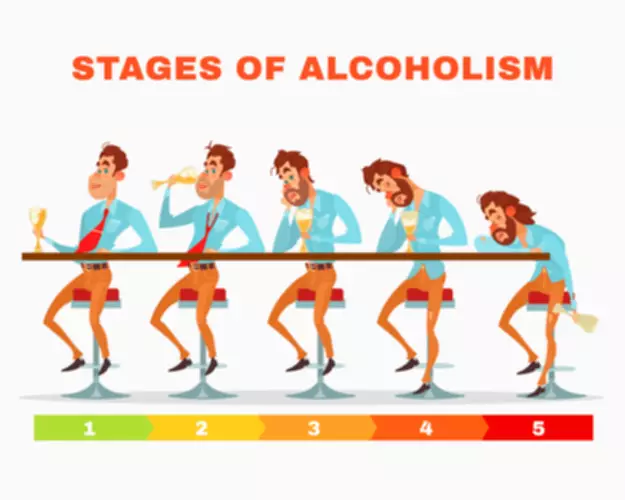They see all the good reasons to drink less, yet for some reason, they just can’t seem to figure out how. They may lie to their partner or family about where they are, who they spend their time with and what they did during the day. As the addiction progresses, they may devise more elaborate excuses to hide their drinking problems.
- Previously, reviews of alcohol interventions have focused exclusively on the individual or relationship level – in other words – an individual or couple treatment for alcohol dependency.
- Unlike alcoholics, alcohol abusers have some ability to set limits on their drinking.
- The results of the assessment can offer initial guidance to the drinker about what treatment to seek and help motivate the problem drinker to get treatment.
- Spouses and children of heavy drinkers may face family violence; children may suffer physical and sexual abuse and neglect and develop psychological problems.
Treatment for Families Struggling With Alcoholism
Although research indicates that among men who drink heavily, there is a higher rate of assaults resulting in injury, the majority of men classified as high-level drinkers do not abuse their partners. Also, many of the physically abusive incidents occur in the absence of alcohol use. Furthermore, alcohol is thought to influence aggressive behavior through detrimental effects on the drinker’s cognitive executive functioning and problem-solving abilities, narrowing the focus of attention and increasing their willingness to take risks.
The Effects of Alcoholism on Families: How Alcoholism Effects Families
- ” With a plethora of tailored support available, it is vital to seek help – getting your alcohol-dependent partner to enter a treatment program could be one of the best things you can do for your relationship.
- This pattern of results revealed a potential interactive effect among couples such that concordant heavy drinking represented a greater risk for negative interactions than discordant couples with only one heavy drinking partner.
- However, due to the prevalence and importance of dating relationships during college (Arnett et al., 2001), researchers need to examine factors that contribute to the health and functioning of dating relationships during this life stage.
- Research shows a high correlation between alcohol misuse and high-risk sexual behavior, violence, crime, self-injury, and fatal injury from things like motor vehicle accidents.
But what if your partner has a drinking or drug problem, but does not want to go to treatment or seek help, because he or she does not think there is a problem or because he or she does not want to be involved in counseling? It turns out that alcohol and drug abuse treatment programs have help for concerned family members and work with this very issue. They can give you ideas and information on motivating your partner to consider getting help; these approaches are often very helpful in getting family members who are reluctant to seek help to ultimately enter treatment. This influence can be positive or negative, as women may encourage their partners to either limit their drinking or engage in risky behaviors. As you spend more time together, you’ll share more experiences and environments, likely impacted by each other’s drinking habits. Getting help for alcohol addiction will not only improve your relationships, it can also start you on your path toward a healthier, addiction-free future.
Be Proactive And Seek Treatment
If you or your partner are showing signs of having a problem with drugs or alcohol and there are problems in the relationship, it is common to hope these things will take care of themselves over time. The better thing to do is to get treatment as soon as possible, or at least call and ask about treatments that may be available to you. The immediate perceived benefits reinforce the behavior, making it easy to overlook the hangover the next day, the occasional throw-up by the sidewalk, or the long-term impact on one’s health and well-being. As these early experiences shape our perceptions, they lay the groundwork for new associations that reinforce our drinking habits over time. In dating and marriage, we share experiences, friends, and social events with our significant others.
About Underage Drinking

Your ongoing recovery depends on continuing mental health treatment, learning healthier coping strategies, and making better decisions when dealing with life’s challenges. In order to stay alcohol-free for the long term, you’ll also have to face the underlying problems that led to your alcoholism or alcohol abuse in the first place. But even if you’re able to succeed at work or hold your marriage together, you can’t escape the effects that alcoholism and alcohol abuse have on your personal relationships. Unhealthy alcohol use includes any alcohol use that puts your health or safety at risk or causes other alcohol-related problems. It also includes binge drinking — a pattern of drinking where a male has five or more drinks within two hours or a female has at least four drinks within two hours. Psychologists can also provide marital, family, and group therapies, which often are helpful for repairing interpersonal relationships and for resolving problem drinking over the long term.

For one, “Birds of a feather flock together.” If you’re a heavy drinker, you may spend more time with (and date) those who do the same. With hard work, patience, and love (for yourself and others), reconnecting with the people you care about most and building new, stronger relationships is totally possible. Trust is a fundamental part of every relationship, and it often takes a big hit during periods of substance use. Rebuilding lost trust can be a priority when repairing connections during recovery. “They can also begin to rebuild trust with their partner through this process, which involves increasing transparency and honesty, as well as taking steps to build healthier behaviors,” she adds.
Listening to others with the same challenges can serve as a tremendous source of comfort and support. I don’t drink every day OR I only drink wine or beer, so I can’t be an alcoholic. But you are how does alcohol affect relationships deceiving yourself if you think that your drinking hurts no one else but you. You have a persistent desire to cut down or stop your alcohol use, but your efforts to quit have been unsuccessful.




Leave A Comment